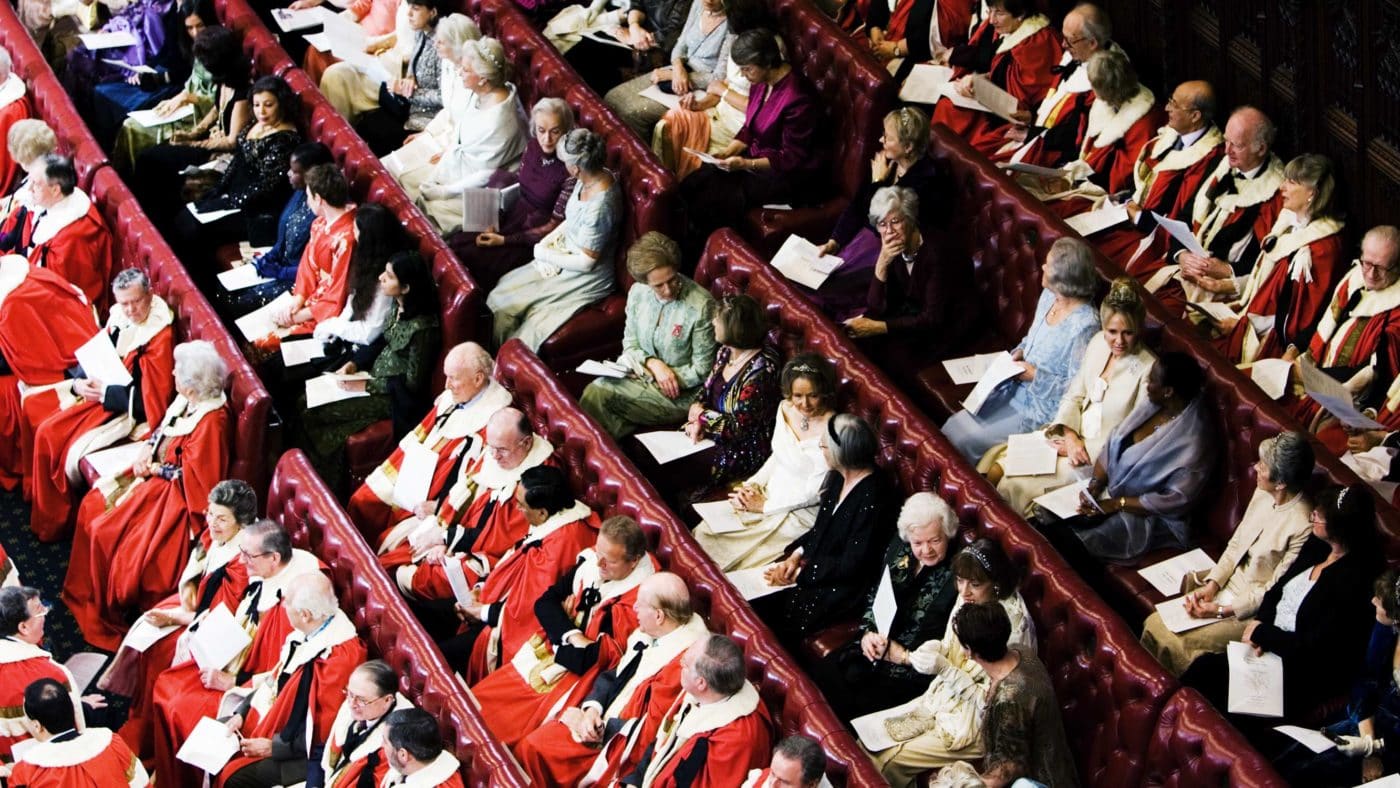The real test of Brexit won’t just be in jettisoning irritating EU rules, but taking advantage of our newly acquired status as an independent trading country. Free market Brexiteers were full of buccaneering spirit but the promised ‘Roaring Twenties’ are quickly turning into more of a whimper.
We left the customs union with an EU deficit in manufactured goods that averaged about £100bn per year. If we want to put that right and make Britain an exporting powerhouse, we must urgently attract more inward investment. Indeed, that must be a top priority for whoever follows Boris Johnson into Number 10.
So, how should we go about it?
New numbers crunched by my colleagues at Civitas show that trade missions have racked in a massive £56bn for UK plc over a ten-year period. This is a conservative estimate but is the hard cash in trade deals signed and sealed that can be directly linked to trade delegations led by business chiefs and leading UK politicians.
All the same, it seems Britain is fast falling behind our rivals, who pull out all the stops to win big investment deals and bring cash and jobs to their country.
An analysis of other major trading nations shows that the secret to winning these mega-deals is often the involvement of Presidents smoothing the way for homegrown exporters. We need our own leaders to do the same and tell global business leaders to invest in Britain. We need to see the next Prime Minister on a plane selling Britain and sealing deals worth billions, throwing political weight behind our global champions, especially those operating in complex political environments.
They will not be starting from scratch by any means. One little known success in recent years has been the quiet establishment of an army of trade envoys, appointed by the Prime Minister and linked to a country where they are tasked with selling British exports. It’s an alternate career path for the ambitious politician that enables the PM to be in more than one place at a time.
These envoys have grown in number and stature in recent years, with 40 MPs and peers now matched to a major trading partner abroad. In recent weeks many have resigned, which at least gives the new Prime Minister a chance to shuffle the pack.
They should put some welly into appointing dozens of new trade envoys, particularly from the red benches. Being able to wine and dine potential investors in the Lords, alongside a quick peek at the throne, could oil the wheels of future trade deals in a way few other countries can match.
Not only would this provide cover for British businesses around the world, it would show that the Government is serious about reclaiming opportunities the kind of opportunities that have too often been lost to other countries.
As it stands, Britain is missing out by having too few trade envoys. We need at least another 20 to ensure we reach every market across the globe, showing countries that we really mean business.
If we are to expand the number of envoys in proportion to the number of markets our companies want to operate in, we will need more of them than we currently have.
Members of the Lords are especially well suited to this role. They don’t have the constant pressure of constituency work or heavily whipped votes to distract them. That means they are in a better position to make long haul journeys to sell British exporters in far-flung markets, without having to get back for a busy weekend of casework and village fetes.
We should use every asset we have and this peculiarity of the British state is one. If the House of Lords is to keep expanding in size, let’s at least make sure its members are putting their back into making a success of Global Britain.
Click here to subscribe to our daily briefing – the best pieces from CapX and across the web.
CapX depends on the generosity of its readers. If you value what we do, please consider making a donation.


